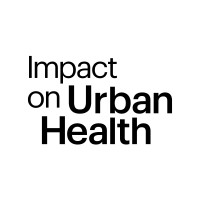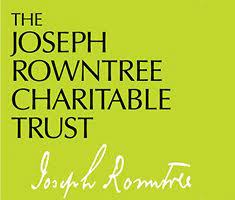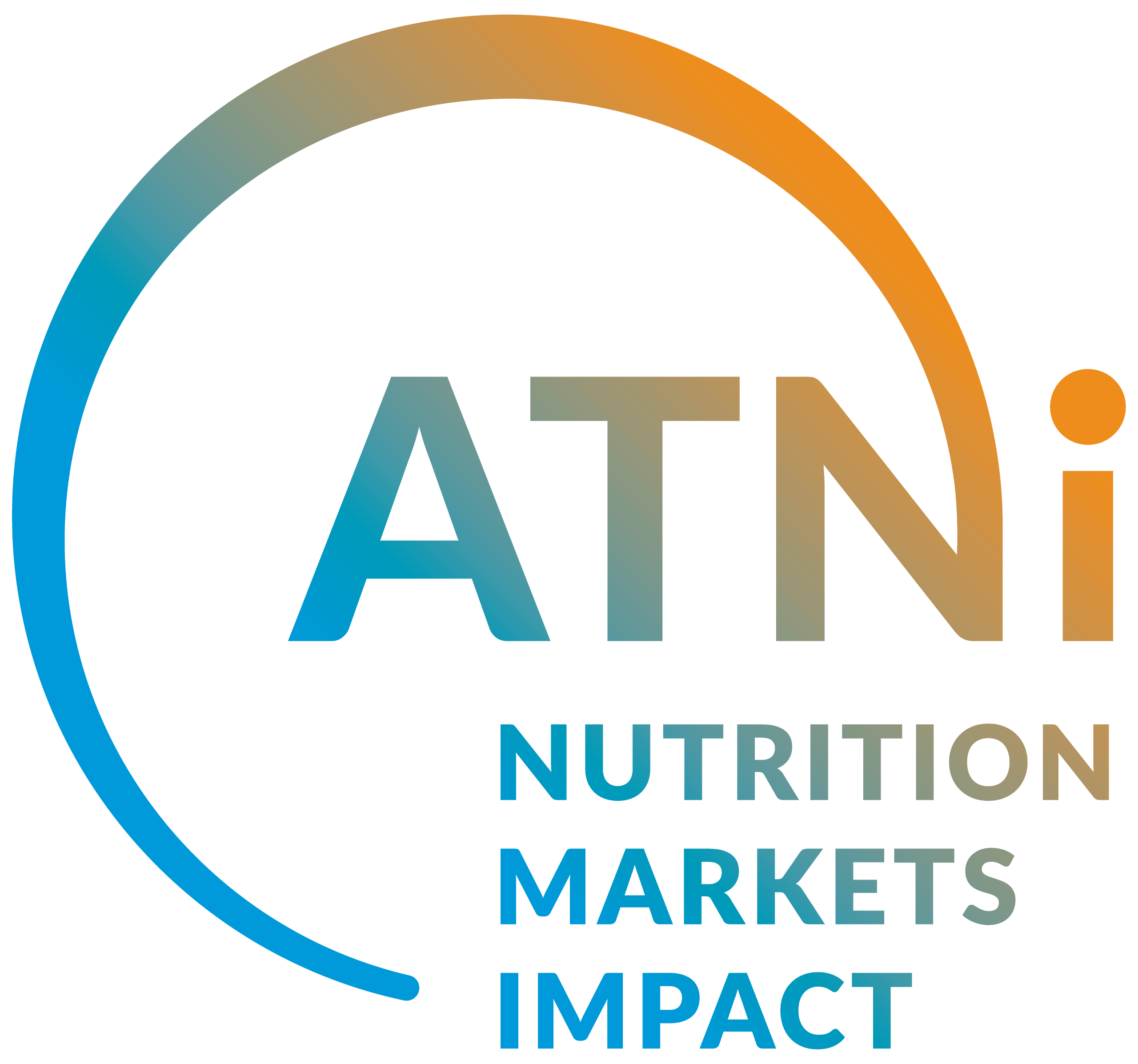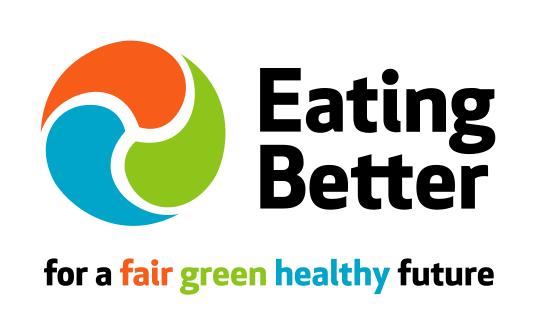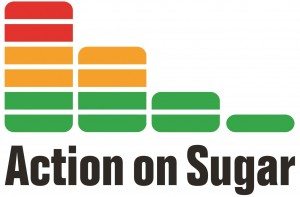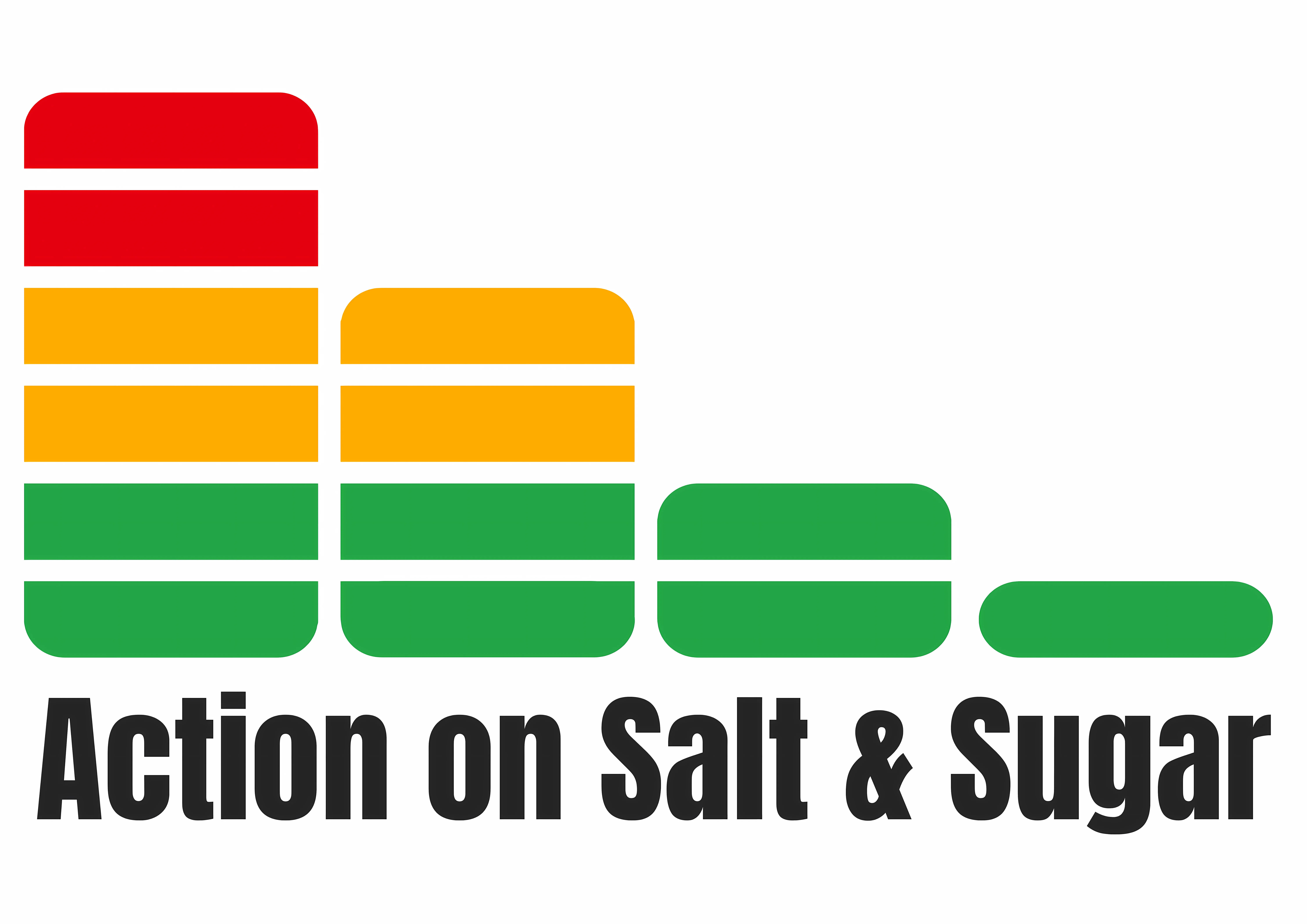20 October 2022
The State of the Nation’s Food Industry

The state of the nation’s food industry: Sainsbury’s tops supermarket league for health and sustainability commitments
The Food Foundation’s annual report on the State of the Nation’s Food Industry has for the first time identified Britain’s best and worst performing supermarkets, caterers and restaurant chains in its league table of what businesses are doing to promote healthy, sustainable food.
It shows the urgent need for a legally enforced framework of health and sustainability targets across the food industry if we are to address the twin challenges of obesity-linked disease now crippling the NHS, and the destructive impact of modern food production systems and eating habits on environment and climate.
The outlets praised for their forward-thinking efforts to tackle these issues include Lidl, Tesco and Greggs as well as the current leaders, Sainsbury’s.
Those exposed for their inertia include Morrisons and Asda.
The most proactive retailers are already working on targets and metrics to assess their progress towards improving their customers’ diets and health. Conversely, there has been little or no effort in this direction from caterers, restaurant chains or fast-food outlets with average calorie content for restaurant and takeaway foods double that of foods offered by supermarkets.
The report shows food-to-go retailer Greggs standing out as the only quick service restaurant to have a target for sales of healthy food.
The Food Foundation, along with a number of supportive businesses, are calling on the Government to introduce a mandatory scheme for all large UK food businesses to report on sales of fruit and vegetables, sales of high fat salt and sugar foods, plant and meat-based proteins, and the tonnage of unsold food which is thrown away.
The scheme was originally proposed in the Government-commissioned independent National Food Strategy published more than a year ago and has been welcomed by responsible businesses* as a way of creating a level playing field for comparison of food business performance and transparency.
Food systems are responsible for more than a third of all greenhouse gases. Deforestation to create farmland – often for grazing and animal feed crops, accounts for 80% of global tree loss. A third of all food produced continues to be lost or wasted.
Yet only 10 of the 27 major food businesses investigated by the Food Foundation publish any valid data to show their efforts to address sustainability and health targets.
Fewer than half of the major supermarket chains make any effort to report their sales of healthier foods, sales of fruit and vegetables, or sales of animal and plant-based proteins. Sainsbury’s is the only supermarket to report on all three of these metrics.
Greggs is the only fast-food outlet with a target for sales of healthy food. Only a quarter of restaurant chains or caterers report sales of fruit and vegetables. None report sales of animal versus plant-based proteins.
The latest episode of Right2Food, the Food Foundation’s award winning podcast, focuses on the findings of the report. The podcast has Nilani Sritharan of Sainsbury’s talking about why health and sustainability are important to their business, Simon Billing of Eating Better talking about why plant-based options must be more accessible on the high street, and Laura Chan of the Soil Association explaining why it matters that children have access to healthy menus at visitor attractions.
The report also highlights:
- A lack of support among UK food businesses to address the huge imbalance in advertising between unhealthy versus healthy food. Fruit and vegetable promotion receives just 1% of marketing spend
- The need for supermarket chains to give more support to low-income families. Only Sainsbury’s and Iceland currently promote the Government’s Healthy Start scheme intended to support access to fruit, vegetables and milk for children aged under four
- The widening gap between the cost of healthy and unhealthy foods, with healthy foods three times more expensive per calorie. This gap continues to widen due to the cost of living crisis: in 2021-22 the price of healthy food increased at twice the rate of less healthy foods (5.1% vs 2.5%).
We want to see:
- Recognition that mandatory reporting is essential for Government to meet its calorie and sugar reduction targets and its duty to protect public health and sustainable economic growth, with the Government acting to make good on the commitments made in the Food Strategy White Paper to implement mandatory reporting across a range of health and sustainability metrics for large businesses.
- Consistent legal definitions for healthy and sustainable foods applied across the board
- Efforts to address imbalanced marketing spend between the least healthy and the healthiest foods.
- More accountability from caterers, takeaways and restaurant chains
Nilani Sritharan, Head of Healthy and Sustainable Diets at Sainsbury’s, said: "We know that the way we eat has a direct impact on the world around us and through our brand mission, Helping Everyone Eat Better, we are committed to helping our customers eat better for both their health and that of the planet.
"We have a long standing mission to drive healthier sales and have been able to do so by implementing targets that our senior management is responsible for. This is why we believe that setting mandatory targets on simple health and sustainability metrics will allow us to collaborate across the industry, identifying key areas of improvement, to support healthier and more sustainable business transformation."
Roisin Currie, Chief Executive at Greggs, said: "At Greggs, we know a sustainable business is a successful one and we are dedicated to doing good in both the communities we serve and around the world. We publish our ESG commitments in our annual sustainability report, ‘The Greggs Pledge’.
"Having an integrated approach to sustainability with published targets enables us to have clear strategic focus and impactful resource allocation. Senior leaders within the business are given responsibility for individual areas of the Greggs Pledge and it’s great to see how passionate they and their teams are in driving this agenda forward.
"This drives action, innovation and, most importantly, ensures the successful delivery of Greggs sustainability commitments."
Oonagh Turnbull, head of health and sustainable diet campaigns at Tesco, said: "At Tesco we believe that affordable, healthy, sustainable food should be accessible to everyone – whoever they are, wherever they live, whatever their budget.
"Helping our customers to eat more healthily and sustainably is a key focus for our business and we need to make sure that tighter budgets don’t mean poorer diets and that everyone can shop in a way that’s better for them and the planet, as well as their pockets.
"We’ve worked hard to help our customers eat healthily and we’re proud of our track record over many years. We are committed to do even more to support our customers to lead healthier and more sustainable lives and achieve our goal to boost sales of healthy products to 65% as a proportion of total sales by 2025, increase sales of plant-based meat alternatives by 300% by 2025 and to make products healthier through reformulation."
Registered nutritionist Rebecca Tobi, who is The Food Foundation's senior business and investor engagement manager, said: "The need for food businesses to address the twin issues of diet-related ill health and the climate crisis is more urgent than ever.
"If we are to meet government’s Net Zero commitments on climate change and reverse the downward trajectory of the nation’s health, it is imperative that food businesses recognise their responsibility.
"The retail sector is currently ahead when it comes to health and sustainability commitments – it’s time for caterers, restaurant chains and fast-food outlets do the same."
Soil Association policy officer, Laura Chan, said: "We fully support the need for transparency in the food industry. It is shocking to see children’s desserts in high street restaurants are allowed to contain double the recommended daily sugar allowance.
"While consumers have successfully pushed for meat-free options on menus, the meat sourcing practices in many chains are dire, failing British farmers by importing cheap, ultra-processed meat from countries with few welfare standards.
"We know healthy, local and sustainable food is important to many people and all caterers and restaurant chains should be required to toe the line."
*In the run-up to the publication of the Government’s Food Strategy, 16 food companies signed a joint statement calling for Government to make sales-based reporting of food mandatory. These companies were: Aldi; Bidfood; Co-op; Compass Group UK & Ireland; Food4innov8ions Ltd; Greencore; Greggs; Lidl GB; Perfectly Fresh Ltd; Sainsbury’s; Sodexo; Sysco GB; Tesco; Waitrose; Young’s
About the report:
This is the first ever Food Foundation report analysing the state of the nation’s food industry. It has built on the exhaustive data collected by the Foundation’s annual Plating Up Progress (PUP) reports. These focus on the performance of the 27 major UK supermarkets, restaurant chains and caterers because they are the subject of the Foundation’s ongoing PUP project which provides a statistical analysis of business performance.
NOTES TO EDITOR
Please contact:
Lois Rogers – 07770 350 822 - lois.rogers@foodfoundation.org.uk
SOCIAL MEDIA
Twitter: @Food_Foundation
Instagram: food.foundation
About The Food Foundation
The Food Foundation is a charity working to influence food policy and business practice, shaping a sustainable food system which makes healthy diets affordable and accessible for all. We work in partnership with researchers, campaigners, community bodies, industry, investors, government and citizens to galvanise the UK’s diverse agents of change, using surprising and inventive ideas to drive fundamental shifts in our food system. These efforts are based on the continual re-evaluation of opportunities for action, building and synthesising strong evidence, convening powerful coalitions, harnessing citizens’ voices and delivering impactful communications.
Registered Charity Number 1187611.
